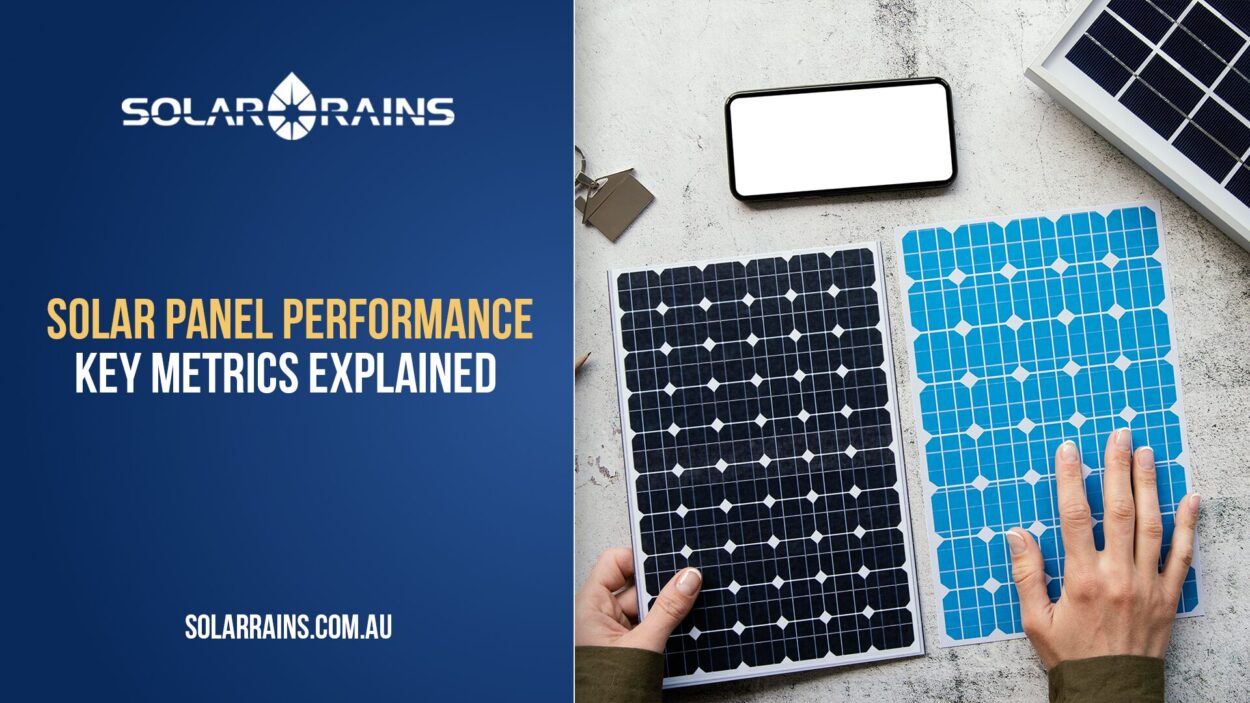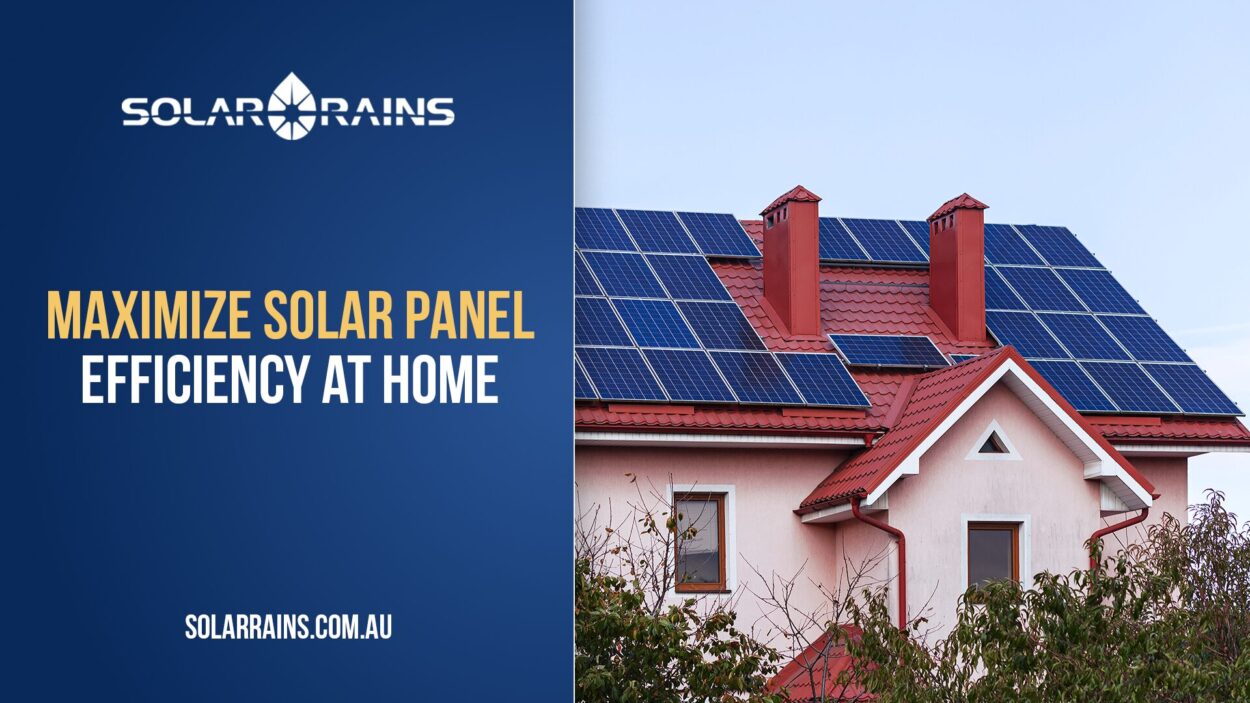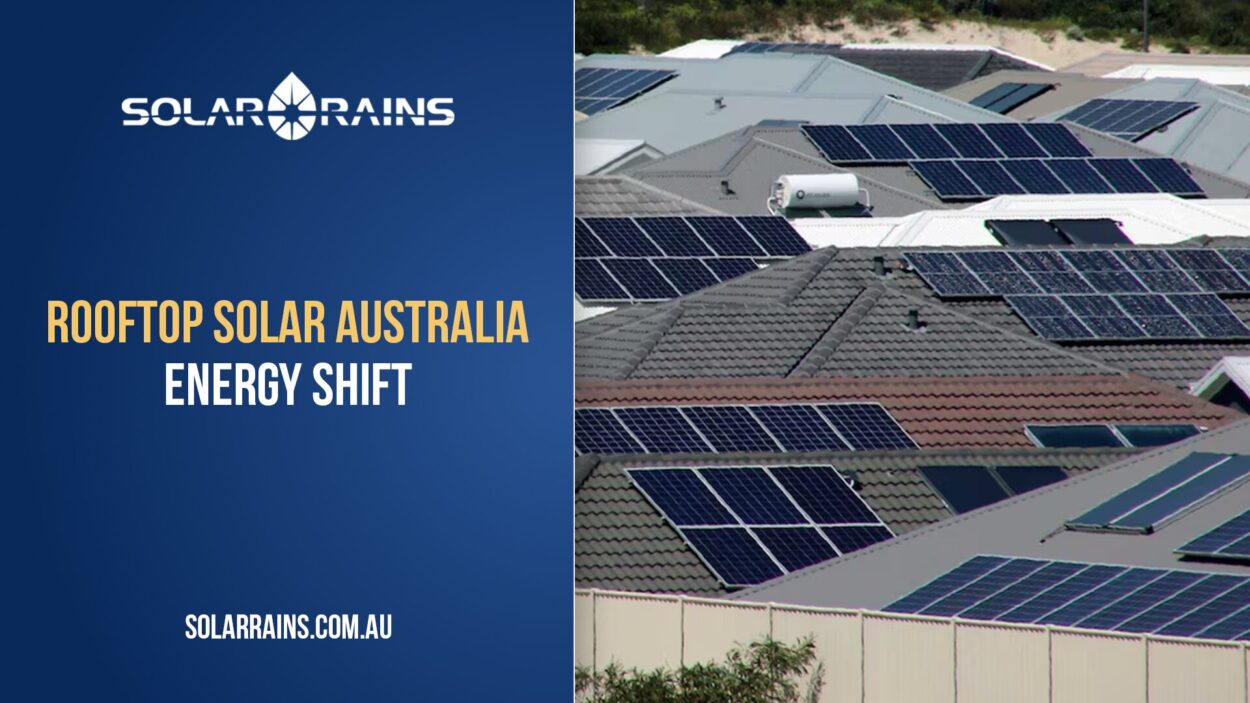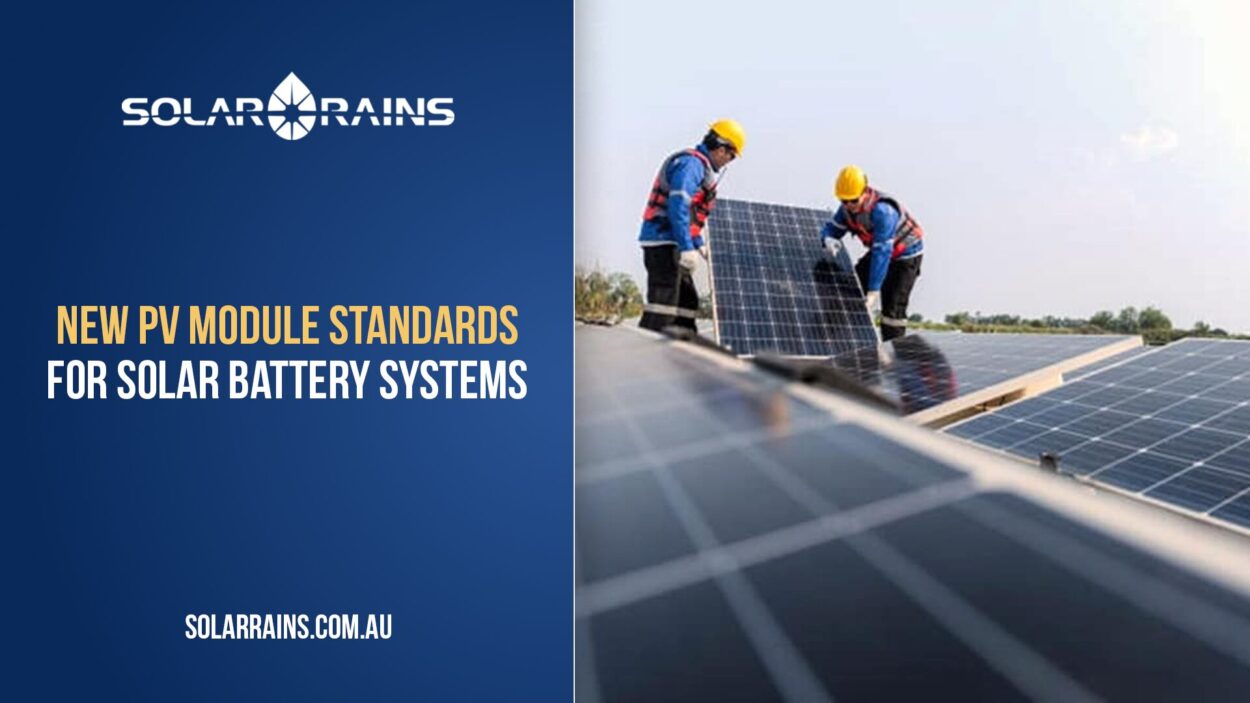What is a DC Isolator and Why Is It Crucial in Solar Systems?
A DC isolator is a critical safety switch used to disconnect the DC current between a solar panel array and the inverter. Installed near the panels, it allows technicians to isolate the live current for maintenance, emergency shut-off, or safe installation.
DC solar isolators are mandatory under Australian Standard AS/NZS 5033 to prevent electric shocks, arcing, or fire risks. Whether rooftop or ground-mounted, every solar installation must include a compliant DC isolator switch to meet both safety codes and performance requirements.
ZJ Beny: A Trusted Name in Solar Protection Devices
ZJ Beny is a leading manufacturer of DC protection components, with a strong focus on solar isolators, breakers, and fuses. Known for its TÜV and CE-certified products, ZJ Beny solar isolators are widely used across Australia and internationally.
From residential solar arrays to utility-scale plants, ZJ Beny’s products are trusted for their reliability, compliance with IEC and AS/NZS standards, and innovation in solar safety technology. For Australian customers, finding a ZJBeny solar isolator supplier means choosing a partner recognized by Clean Energy Council standards.
Technical Comparison: ZJ Beny BYSS vs BYT
When comparing the ZJ Beny BYSS and BYT models, it’s essential to look at key specifications, physical build, and ideal use cases. Below is a side-by-side comparison:
| Feature | ZJ Beny BYSS | ZJ Beny BYT |
| Rated Voltage | 1000V / 1500V DC | 1200V DC |
| Rated Current | 35A (BYSS-35) / 50A (BYSS-50) | 32A |
| Polarity | Non-polarity | Polarity required |
| Enclosure | IP66/IP67 UV-resistant | IP66-rated compact body |
| Mounting | DIN rail or screw | Rear/back panel |
| Application Fit | High-load rooftop & commercial arrays | Small-scale residential kits |
Strengths of BYSS Series
- High amp rating (up to 50A)
- Designed for large rooftop or commercial systems
- Non-polarity makes wiring flexible
- Tough UV-proof housing ideal for outdoor environments
Weaknesses of BYSS
- Slightly bulkier than BYT
- May require more installation space

Strengths of BYT Series
- Slim form factor
- Simple rear mount makes it space-efficient
- Economic choice for small inverters
Weaknesses of BYT
- Polarity-sensitive, requiring more care during installation
- Lower amp capacity not ideal for larger systems

In summary, BYSS offers rugged performance for larger systems, while BYT is ideal for compact rooftop applications.
Which ZJ Beny Solar Isolator Should You Choose?
If you’re installing a rooftop system under 3kW, or working with micro inverters or compact inverter kits, the BYT model offers a lightweight, cost-effective solution. It’s easy to mount and fits within tighter enclosures.
However, if your setup exceeds 5kW, or involves multiple panel strings and high current flows, the BYSS model is the clear winner. Its non-polarity design simplifies installation, and its high current rating (up to 50A) ensures long-term system durability.
According to installers’ reviews, the BYSS model receives higher marks for outdoor performance and ease of wiring. When performance, future-proofing, and compliance are top priorities, BYSS is the preferred solar isolator.
How to Install a ZJ Beny DC Isolator Correctly (Quick Guide)
To ensure full compliance and safety, follow this quick installation guide for both BYSS and BYT isolators:
- Determine placement: Near solar panels and in accessible weatherproof housing.
- Mount securely: Use screws for wall mount or DIN rail clips for board installations.
- Wire according to polarity: BYT requires correct polarity, while BYSS is non-polar.
- Secure cover: Fit the isolator cover tightly using original fasteners.
- Final inspection: Confirm IP rating seals are intact and torque values meet datasheet specs.
ZJ Beny isolators come with detailed datasheets and wiring diagrams. For additional guidance, consult the official ZJ Beny isolator installation guide or your local certified solar technician.
Where to Buy: Your Trusted ZJ Beny Supplier in Australia
For installers and solar retailers in Australia, Solar Rains is an official distributor of ZJ Beny isolators. We stock both BYSS and BYT models with complete datasheets, isolator covers, and compliance documentation.
Whether you’re outfitting a single home or a multi-site commercial project, our support team helps you choose the right model and accessories for seamless integration. As a local supplier, we ensure fast delivery, warranty support, and AS/NZS compliance for every product.
Frequently Asked Questions
The BYSS is more rugged, handles higher currents, and offers non-polarity wiring. BYT is compact, ideal for small kits.
Yes, it is IP66 rated, but BYSS offers better UV resistance and longer lifespan under harsh sun exposure.
It’s possible, but ensure all isolators meet system voltage and current demands uniformly.
Yes. Both models ship with isolator covers, and spares can be ordered separately.
Conclusion
When choosing between ZJ Beny BYSS and BYT solar isolators, your decision should reflect your system’s size, current, and layout constraints.
| Use BYSS if | Use BYT if |
| You’re handling higher currents (35A–50A) | You’re working with small inverter kits (up to 3kW) |
| Outdoor durability and installer flexibility are important | You have limited panel spacing or need back-mount installation |
| You want non-polarity for faster wiring | Budget and space are key constraints |
As a certified ZJBeny isolator supplier in Australia, Solar Rains is ready to assist you in choosing the right DC isolator for maximum safety and efficiency.













